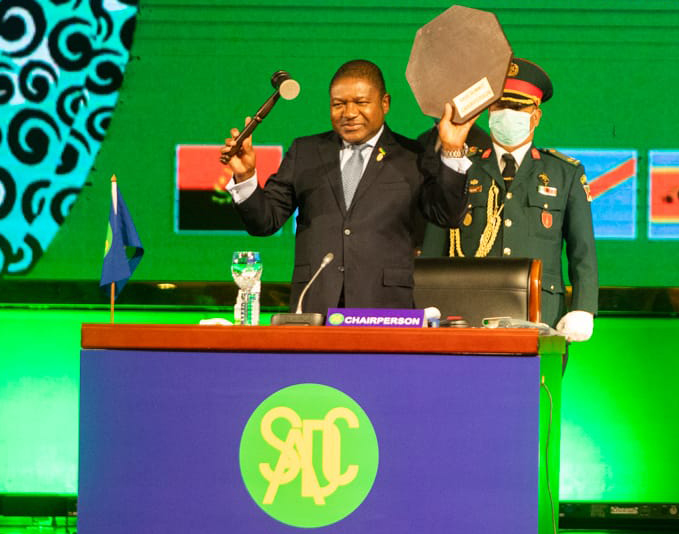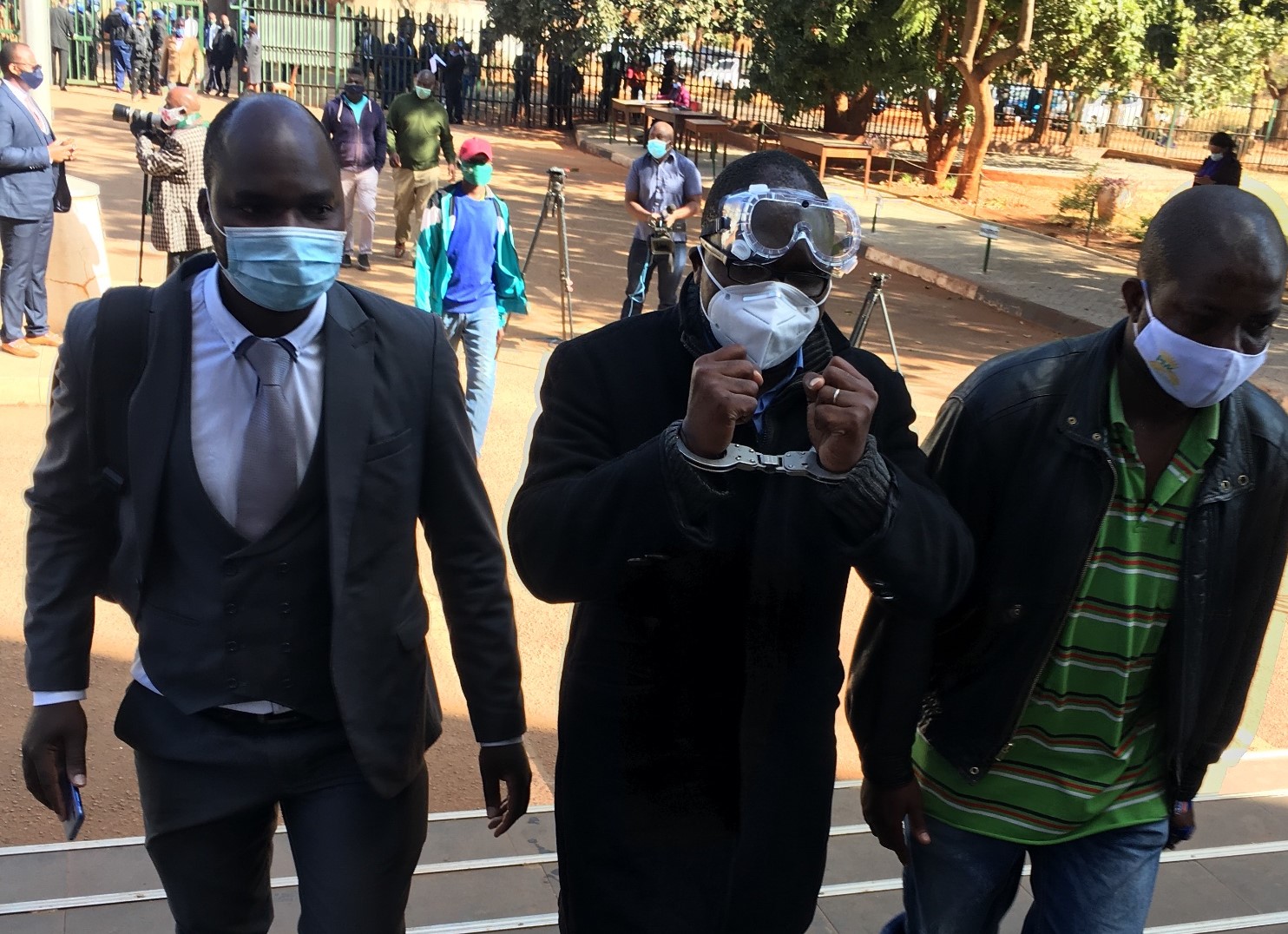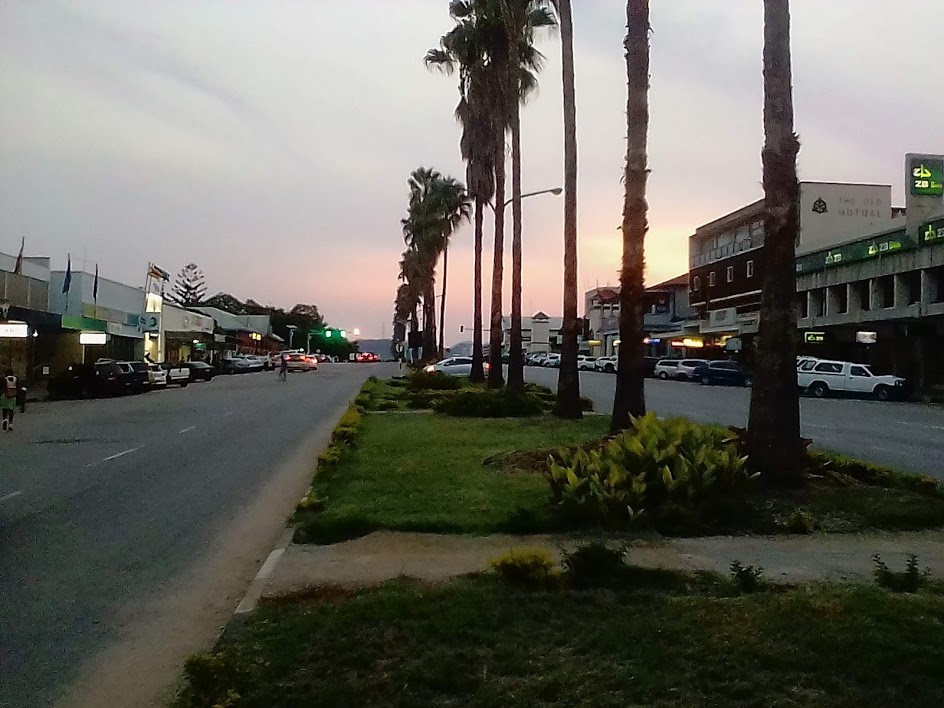Sadc welcomes two new leaders as Moza takes over chairmanship
Share

Harare (New Ziana) – The Southern African Heads of State and Government virtual summit kicked off on Monday with two new leaders being welcomed while Mozambique took over the rotational chairmanship of the regional bloc for the next 12 months.
The new leaders were Malawian President Lazarus Chakwera and Lesotho Prime Minister Moeketsi Majoro who both delivered their maiden addresses to the summit.
Mozambican President Filipe Nyusi took over as chairman from his Tanzanian counterpart John Magufuli.
Prime Minister Majoro, who took over in May after the resignation of Thomas Thabane, was the first of the new leaders to speak.
“Let me express my heartfelt appreciation and gratitude for the messages of goodwill and best wishes from Your Excellencies Heads of State and Government of this regional body following my appointment as the Prime Minister of the Kingdom of Lesotho. This signifies the support and trust that your Excellencies have on me and the Kingdom of Lesotho until the next elections in 2023,” he said.
“In the same vein, let me take this opportunity to assure Your Excellencies of my cooperation and full support for this organisation and your good selves throughout my tenure as the Prime Minister of the Kingdom of Lesotho.”
Chakwera, who won an election re-run held in June, also pledged his commitment to the regional grouping.
“I am happy because of the support and welcome that I have felt since being elected as President of Malawi. Your congratulatory messages while some of you actually sent delegations to my inauguration, were received with deep gratitude.”
In her welcome remarks, Sadc executive secretary Dr Stergomena Lawrence Tax said this year’s summit was special as it came at a time when SADC was celebrating 40 years of existence.
Dr Tax said although progress had been slowed by the Covid-19 pandemic, the bloc was determined to ensure that it would not overshadow the achievements that it has attained since its establishment.
“We remain indebted to the founders of our regional organisation who had the foresight to establish an organisation that would front stable, sustainable, and equitable regional integration, as espoused in the Lusaka Declaration. It is gratifying to report that during the year, the formulation of a Mechanism in honour of the Founders of SADC was finalised,” she said.
“The mechanism will go a long way in honouring the founders of SADC, in preserving and promoting the history of our organization, and in entrenching a sense of patriotism, self-love, and belonging, among the peoples of our region, particularly the youth.”
She said in line with the August 2019 summit decision which directed the Sadc secretariat to assess the status of industrialisation and intra-regional trade, it was noted that while Sadc integration had progressed, there was still a lot of work to be done to effectively promote industrialization, and improve economic growth in the region.
“The assessment shows that the structures of SADC economies remain undiversified with a growing dependency on natural resources and export of unprocessed commodities characterized by a stagnant industrial sector. Natural resource-based sectors, including Agriculture and Mining, still account for on average 25 percent of Gross Domestic Product.
“The assessment further reveals that despite some improvements in intra SADC trade flows, the total intra-SADC trade, which stood at 19.3 percent in 2018, is significantly less compared to other regions. These observations, among others, point to the urgent need for Member States to improve competitiveness by addressing the supply-side constraints, including strengthening cooperation in cross-border infrastructure, and deal with non-tariff barriers that remain a hindrance to the smooth flow of goods,” she said.
The findings also pointed to the need for countries to ratify and implement the SADC Protocol on Industry, an important instrument for the promotion of an industrialised and globally competitive regional economy, she said.
“In this regard, allow me to recognize the 12 Member States that have signed the Protocol, and to commend the Republic of Seychelles the only Member State that has ratified the Protocol.”
To deal with the impact of Covid-19 on regional trade, Dr Tax said the SADC guidelines on movement of goods and services across the region were developed.
She said the guidelines greatly contributed to containment of the spread of Covid-19, and facilitated movement of goods, and thus minimizing disruptions to economic activities, and mitigating socio-economic hardships to SADC citizens.”
On peace and security within the region, Dr Tax said regional peace and stability, as well as democracy and good governance, continued to strengthen.
“In a bid to enhance peace and security in the SADC region, and in line with the guidance provided by the SADC Chairperson, and the Chairperson of the Organ on Politics, Defence and Security Cooperation, the Secretariat conducted an assessment of emerging security threats in the region. The findings show that, while the security landscape in the SADC region remains stable, there are areas that require strengthening, and these relate to terrorism and cyber security, transnational organized crime, climate change and disasters, governance and democracy and cross-cutting issues,” she said.
“Proposed recommendations to address the emerging threats were considered by the Organ Troika Summit on the 14th August 2020. In implementing the recommendations, priority will be placed on measures to combat terrorism, violent attacks, and cyber crime, address adverse effects of climate change, and mitigate external interference, impact of fake news and abuse of social media, especially in electoral processes.”
The SADC summit is running under the theme: “40 Years Building Peace and Security, and Promoting Development and Resilience in the Face of Global Challenges.”
New Ziana








